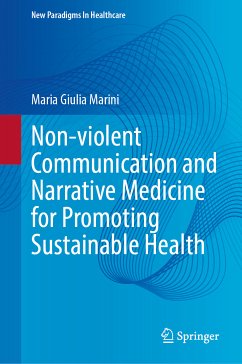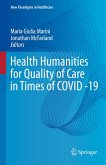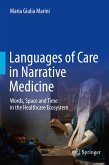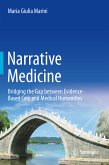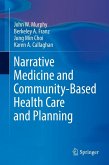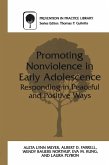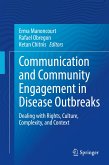However, there is hope, and it starts with sharing our needs, thoughts, and feelings. This is where narrative medicine comes into play, as it helps bring stories to light, listen, ask open questions, analyze the spoken words, metaphors, and timing of communication, and promote a non-violent narrative. The key is to transition from violent to non-violent narratives and the consideration of relationship as a fundamental part of the therapeutic process, deserving an in-depth educational program. This is even more true if one considers that the ecosystem of health, together with the inclusion of diversity and the promotion of peace, is one of the main pillars of the UN Sustainable Development Goals.
This book aims to inspire care for one another through the narratives of people with disabilities, patients, nurses, doctors, students, carers, and individuals who meet otherness and resolve conflicts.
Dieser Download kann aus rechtlichen Gründen nur mit Rechnungsadresse in A, B, BG, CY, CZ, D, DK, EW, E, FIN, F, GR, HR, H, IRL, I, LT, L, LR, M, NL, PL, P, R, S, SLO, SK ausgeliefert werden.

